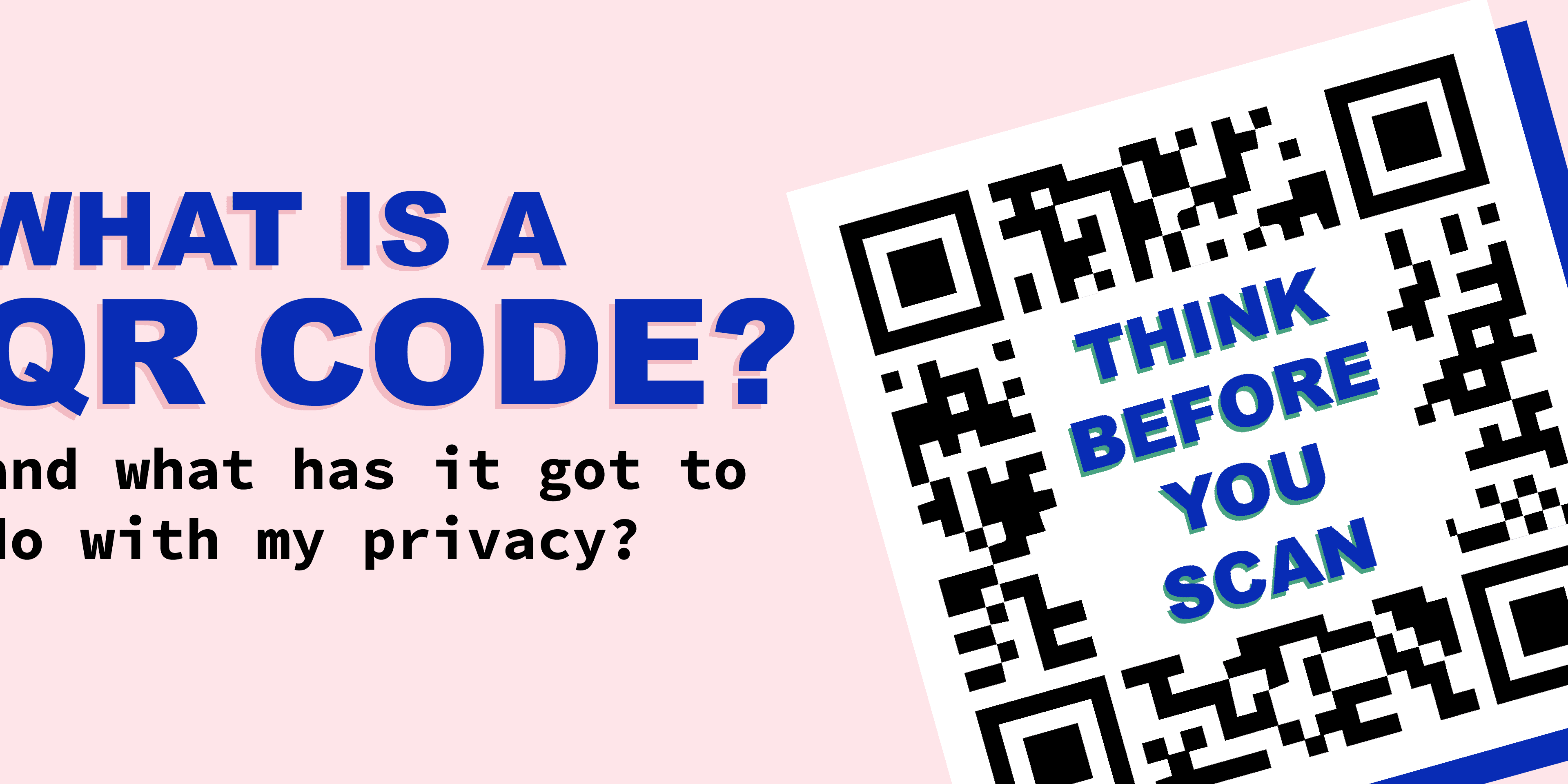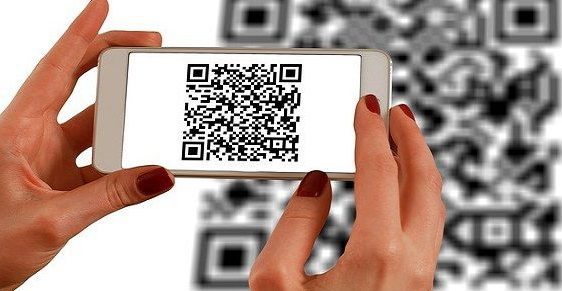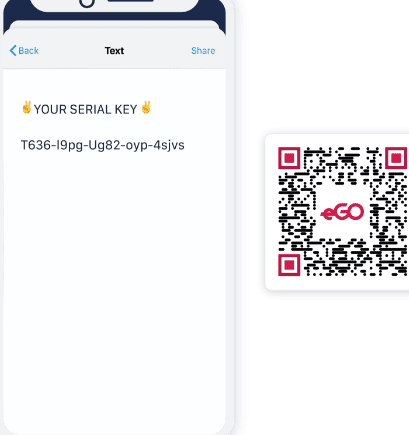QR codes are everywhere these days, and for good reason. They’re convenient and make our lives easier. But, beware! There are also some security and privacy concerns you need to keep in mind when using QR codes.
Here are some potential risks:
To protect yourself:
So, the next time you come across a QR code, keep these things in mind, be cautious, and take precautions.
The basics of QR codes
QR codes (quick response codes) are two-dimensional barcodes that can be scanned using a smartphone or other mobile device. These codes are made up of black and white squares arranged in a specific pattern that can be read by a QR code scanner. QR codes were first created in 1994 by the Japanese company Denso Wave with the goal of making barcode scanning faster and more efficient. Unlike traditional barcodes, which can only hold a limited amount of information, QR codes can hold a lot more data, such as URLs, email addresses, phone numbers, and more.
How QR codes have become popular
QR codes have become increasingly popular over the years, with businesses and individuals using them to share information and connect with consumers. QR codes are commonly used in advertising, as they offer a quick and easy way for customers to learn more about a product or service. They are also used in ticketing, authentication, and inventory management. With the rise of mobile devices, QR codes have become even more ubiquitous, as users can easily scan them using their smartphones.
Security concerns related to QR codes
As with any technology, there are potential security concerns related to QR codes. One of the biggest concerns is that QR codes can be used to direct users to malicious websites or to download malware onto their devices. This can happen when a QR code is placed in a public location, such as a bus stop or a train station, and users are prompted to scan it. Another potential risk is that QR codes can be cloned, which means that attackers could create a fake code that looks identical to the real one, but directs users to a different website or app.
Possible risks associated with QR codes
There are a few risks associated with QR codes that users should be aware of. These risks include:
- Malware downloads
- Phishing attacks
- Fraudulent transactions
- Identity theft
It is important for users to exercise caution when scanning QR codes and to only scan codes that they trust.
Measures to protect the privacy of QR code users
To protect the privacy of QR code users, there are a few measures that can be taken. These include:
- Scanning codes in a private location
- Verifying the authenticity of the code before scanning
- Using a QR code scanner with built-in security features
- Clearing the scanner’s cache and history after use
By taking these steps, users can reduce the risk of their data being compromised when using QR codes.
Best practices to enhance the security of QR codes
In addition to the measures listed above, there are a few best practices that can be followed to enhance the security of QR codes. These include:
- Avoiding scanning codes from unknown sources
- Keeping your device’s operating system and scanner app up-to-date
- Using a password manager to generate secure passwords for online accounts
- Avoiding public Wi-Fi when scanning QR codes related to online banking or sensitive information
By following these best practices, users can help prevent their data from being compromised.
QR code scams to look out for
There are a few QR code scams that users should be aware of, including:
- QR code lottery scams
- QR code phishing scams
- QR code malware scams
These scams typically involve the user being prompted to scan a code in order to win a prize, receive a discount, or access exclusive content. However, the code may actually direct the user to a fake website or download malware onto their device. It is important for users to be cautious when scanning QR codes and to only scan codes that they trust.
Future developments on QR code security and privacy
As QR codes continue to grow in popularity, it is likely that developers will continue to work on enhancing their security and privacy features. Some potential future developments in this area could include:
- QR code encryption
- Machine learning algorithms to detect fraudulent codes
- Increased use of biometrics (such as facial recognition) to verify the user’s identity when scanning codes related to sensitive information
As these security and privacy features become more sophisticated, users can feel more confident in using QR codes for a variety of purposes. Overall, while there are some risks associated with QR codes, by being cautious and following best practices, users can protect their data and enjoy the benefits of this convenient technology.





